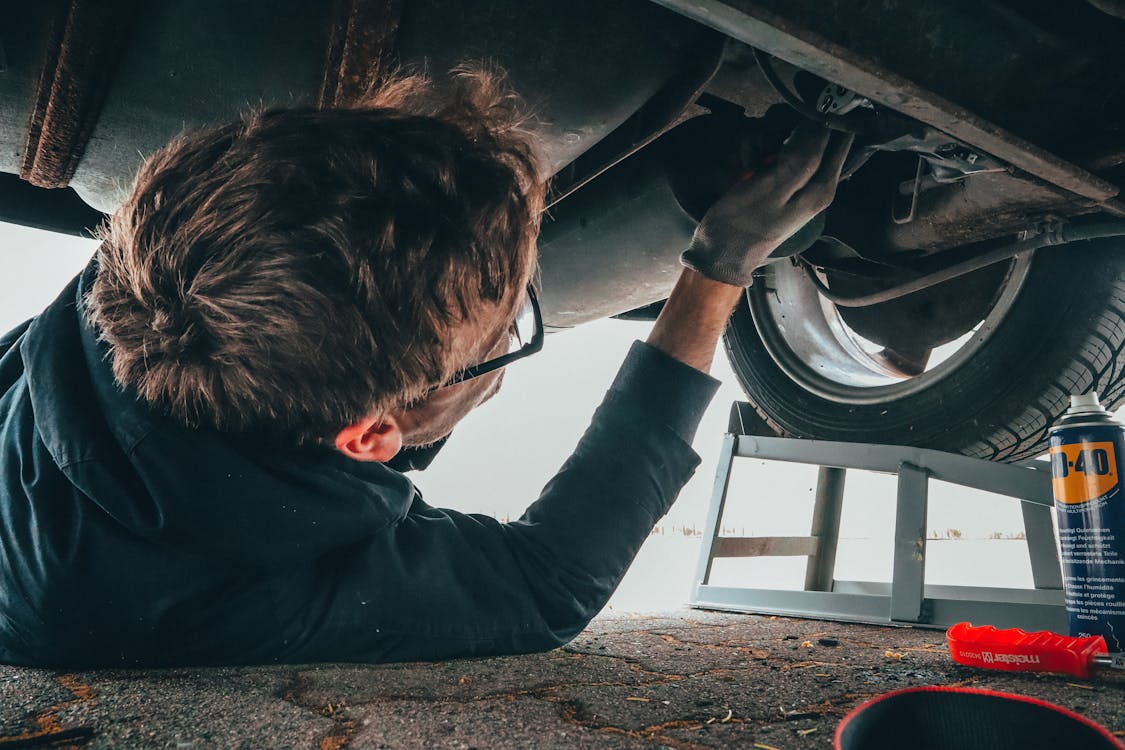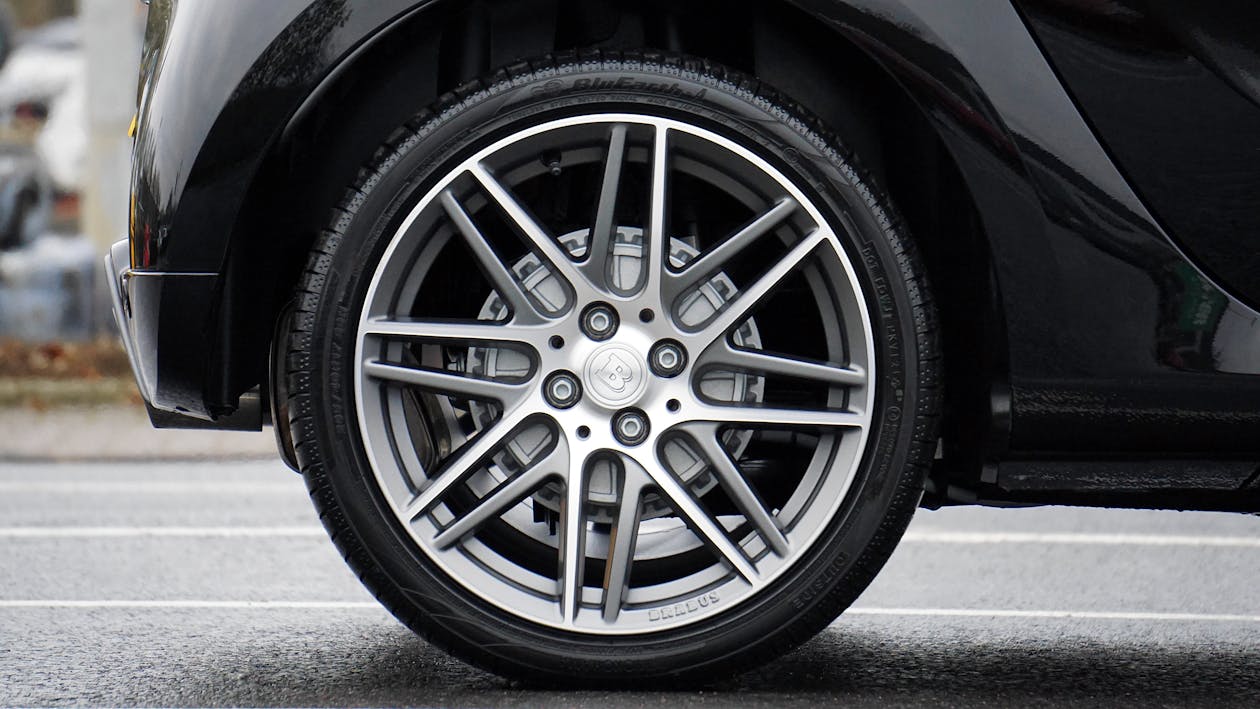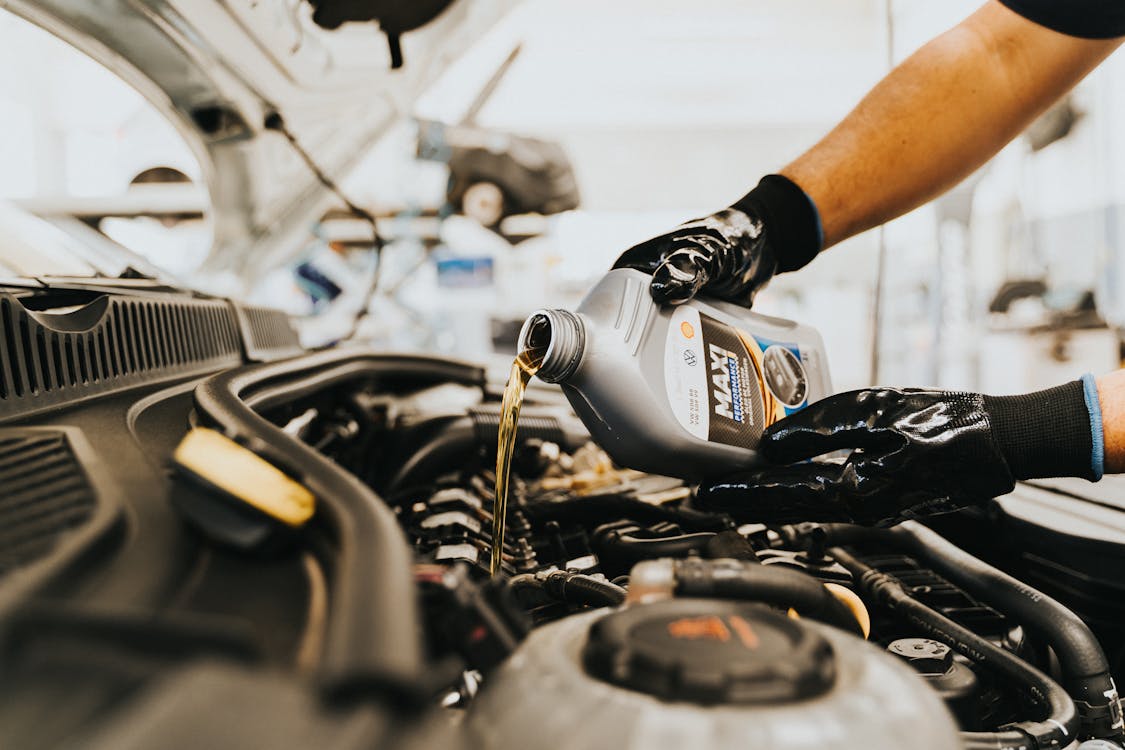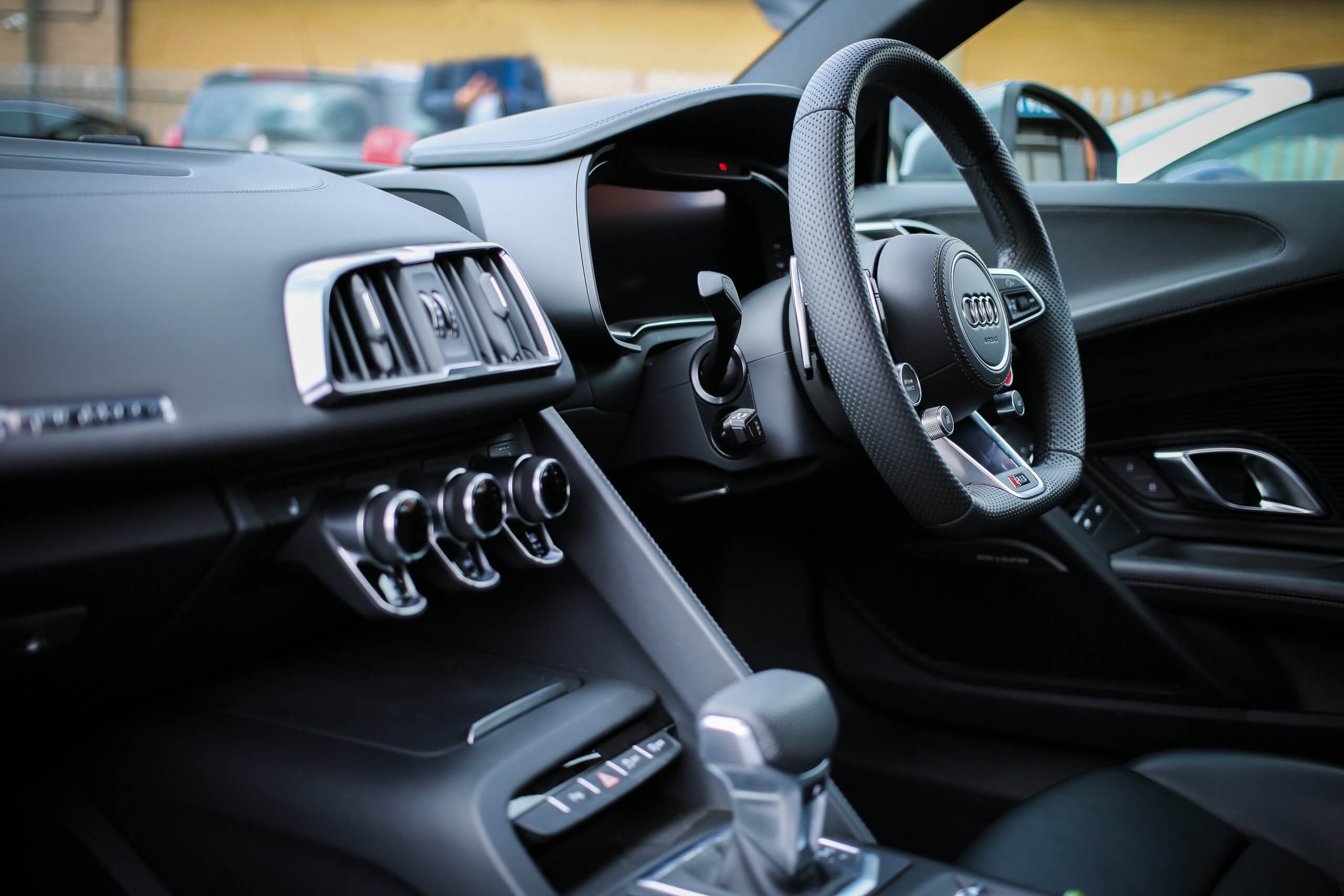If you're looking to help your car last longer, there are several things you can do to keep it in good condition. As a car owner, making sure you maintain your car according to the manufacturer's recommended schedule will assure your car stays in top shape over the years. This means having regular oil changes, checking and replacing your windshield wiper blades, and checking the condition of your tires.
Overall, keeping your car in good condition is important if you want it to last longer. If you have a new car, it will likely come with a warranty that covers certain repairs and maintenance for a certain period of time. Make sure you understand what is covered under your warranty and take advantage of it when necessary. By following the manufacturer's recommended maintenance schedule, taking advantage of your warranty (if you have one), and being proactive about repairs and maintenance, you can help to extend the life of your car and keep it running smoothly for years to come.
Here are our top 8 maintenance tips to make your car last longer.
1. Regular Maintenance and Servicing

Regular maintenance and servicing are one of the most effective ways to lengthen your cars lifespan. During a routine service, a mechanic will inspect your car for any signs of wear and tear, and check all of its major systems, including the engine, transmission, brakes, and suspension. They will also change the engine oil, the oil level, as well as any air filters that need to be replaced.
Regular maintenance and servicing can help prevent breakdowns, improve your car's fuel efficiency, and extend its overall lifespan. It can also help you catch and fix any small issues before they turn into bigger, more expensive problems. By investing in regular maintenance and servicing and finding a trusted mechanic for the job, you can save money in the long run and keep your car running smoothly for many years to come.
If you have a used car, it may not come with a warranty, but that doesn't mean you can't keep it in good condition. One thing you can do is to be proactive about maintenance and auto repairs. This means keeping an eye on things like your wiper blades and replacing them when they start to wear out. It's also a good idea to keep an eye on your windshield and make sure it's in good condition.
2. Proper Tire Inflation and Alignment

Properly inflated tires can improve your car's handling, fuel efficiency, and safety, while properly aligned tires can extend their lifespan and reduce wear and tear. To maintain proper tire inflation, you should regularly check the pressure of your tires using a tire pressure gauge. Most tires have a recommended pressure range, which can be found on the sidewall of the tire or in the owner's manual of your car. You should check the pressure of your tires at least once a month, and adjust the pressure as needed to fall within the recommended range.
3. Regular Oil and Fluid Changes

Regular oil changes are crucial to maintaining your car's health. Motor oil is the lifeblood of your car's engine, and without it, the engine's parts would rub against each other and quickly wear out. Over time, motor oil becomes contaminated with dirt, debris, and other impurities, which can reduce its effectiveness and cause it to break down.
To maintain the health of your car's engine. you should regularly change the motor oil and oil filter according to the manufacturer's recommended service schedule. This typically involves draining the old oil from the engine, replacing the oil filter, and refilling the engine with fresh motor oil.
In addition to motor oil, there are other fluids in your car that also need to be regularly changed, such as the transmission fluid, coolant, and brake fluid. These fluids are also essential for your car's performance and longevity and should be changed according to the manufacturer's recommended schedule.
Regular oil and fluid changes can help prevent the buildup of impurities and contaminants, which can damage your car's engine and other systems. They can also improve your car's performance, fuel efficiency, and overall lifespan. By investing in regular oil and fluid changes, you can keep your car running smoothly and extend its life.
4. Use High-Quality Fuel and Additives

Using high-quality fuel and additives can help your car last longer. The fuel you put into your car plays a crucial role in its performance and lifespan, and using low-quality fuel can cause serious damage to your car's engine and other systems.
High-quality fuel is free of contaminants and impurities and is specifically designed to provide your car with the right blend of octane, detergents, and other additives to maximize its performance and efficiency. Using high-quality fuel can help improve your car's acceleration, horsepower, and fuel economy, and can also help prevent buildups of carbon deposits and other contaminants that can damage your car's engine.
5. Avoid Excessive Idling and Aggressive Driving

Avoiding excessive idling and aggressive driving are important factors in helping your car last longer. Excessive idling, which is when your car's engine is running without the vehicle moving, can waste fuel, produce excess emissions, and cause unnecessary wear and tear on your car's engine and other systems.
Pay attention to your car's gas mileage and the condition of your tires. Poor gas mileage can indicate a problem with your car, while worn or underinflated tires can cause poor handling and increase the risk of a blowout. If you notice any issues with your car, take it to a reputable repair shop as soon as possible to avoid more expensive repairs down the road.
6. Protect Your Car From the Elements With Regular Washing and Waxing

Regular washing and waxing of your car are important to help with car maintenance from the elements and keep it looking shiny and new. When left unchecked, dirt and debris can build up on the surface of your car, causing it to lose its shine and become dull. This can also lead to damage to the paint, as dirt and debris can act like sandpaper, rubbing against the surface of your car and causing scratches and other damage.
Another thing to keep in mind is corrosion. This can occur when your car is exposed to moisture and other weather conditions/climates and can cause serious damage to the metal parts of your car. To prevent corrosion, make sure you wash and wax your car regularly, and consider using a corrosion-resistant spray or wax on the undercarriage of your car.
7. Avoid Carrying Heavy Loads or Overloading Your Vehicle

When it comes to avoiding carrying heavy loads or overloading your vehicle, there are several things you can do to protect your car and keep it in good condition. First and foremost, it's important to understand the weight capacity of your vehicle and make sure you never exceed it. Overloading your car can put excessive strain on the engine, transmission, and other components, which can lead to costly repairs and shorten the life of your vehicle.
If you have a new car, it will likely come with a warranty that covers certain repairs and maintenance for a certain period of time. Make sure you understand what is covered under your warranty and take care not to exceed the weight capacity of your vehicle, as this could void your warranty.
If you have a used car, it may not come with a warranty, but that doesn't mean you can't protect it from the effects of carrying heavy loads. One thing you can do is to be mindful of how much weight you're putting in your car and avoid overloading it. It's also a good idea to distribute the weight evenly in your vehicle, as this can help to prevent damage to the suspension and other components.
In addition to avoiding carrying heavy loads, it's also important to take care of your car by maintaining it properly. This means having regular oil changes, checking and replacing your wiper blades, and checking the condition of your tires. By taking these steps, you can help to extend the life of your car and keep it running smoothly for years to come.
8. Use Only Manufacturer-Approved Parts and Accessories For Repairs and Upgrades

Using only manufacturer-approved parts and accessories for repairs and upgrades is important for helping your car last longer. When you have your car repaired or upgraded, it's important to use parts that are specifically designed for your make and model of car. These parts are known as "manufacturer-approved" and are the best choice for ensuring that your car continues to perform at its best.
Using manufacturer-approved parts can also help to preserve the value of your car. If you ever decide to sell your car, having manufacturer-approved parts installed can help to increase its value and make it more appealing to potential buyers.
Conclusion
In addition to taking care of the physical parts of your car, some driving tips can help your car last longer. For example, avoid sudden starts and stops, as this can put extra strain on your car's engine and transmission. Also, be mindful of how you use your car's power steering and brakes, as these systems can be expensive to repair if they fail.
By taking care of your car and following these tips, you can help your car last longer and avoid costly repairs. Just remember to check the hoses and other parts of your engine regularly, prevent corrosion, follow good driving habits, and take care of your tires and gas mileage. With the right care, your car will be ready for any road trip or adventure that comes your way.
Choose IMX Auto
IMX Auto is your go-to auto center for selling your vehicle, no matter what state or condition it's in. Our team is made up of experienced and knowledgeable professionals who are dedicated to helping you through every step of the process. We'll answer any questions you have and provide you with all the information you need to make an informed decision.
So if you're looking to sell your car, look no further than IMX Auto. We'll make the process easy, convenient, and rewarding, and we'll help you get the best price for your vehicle. Contact us today to learn more and get started.




